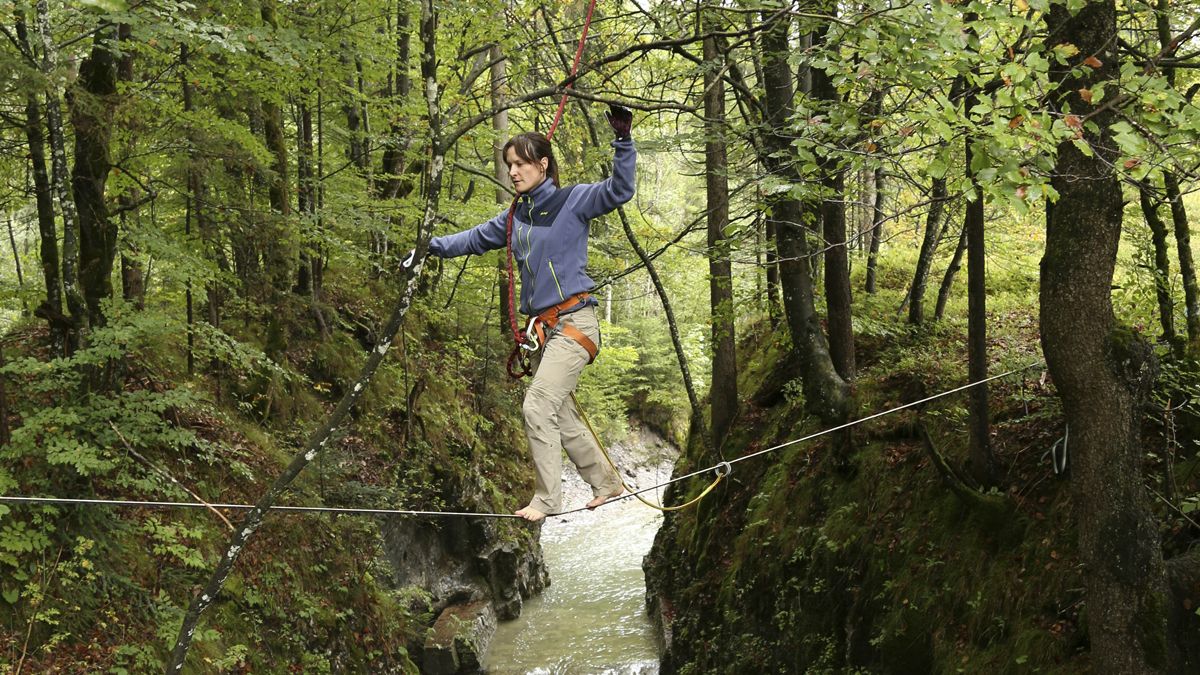How to Boost Your Ski Fitness During Summer?
Whether you’re skiing on-piste, in deep powder outside the resort or going uphill more than downhill, your body and mind is put under tremendous pressure. To stay balanced and ready for whatever the mountain throws at you, you need to be both mentally and physically prepared.
How can you prepare yourself for what will be out there in a couple of months’ time? Do you actually need to start thinking of this now, and how can you get ski-fit without actually skiing?
“Training according to a plan belongs to my professional life and also gives me the confidence I need to ski my best all season long. Although it can be hard sometimes and mentally demanding, it is also very rewarding to feel your body getting stronger and becoming a finely tuned machine which allows you to simply ski better. “– Lorraine Huber
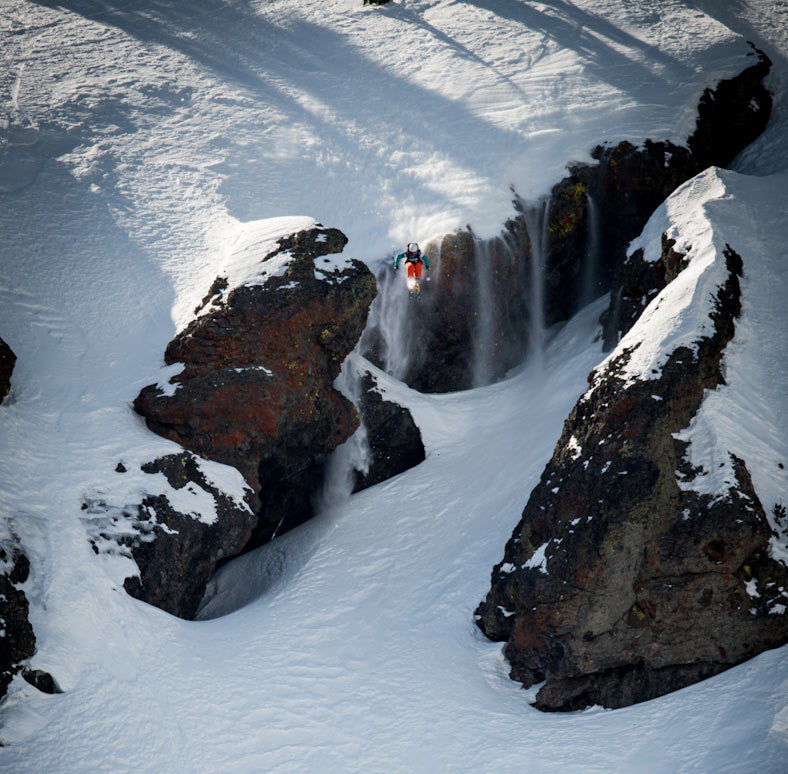
As a skier there are many important aspects that should be ready for a ski season and even though it is a known fact that skiers train a lot in the gym, there are also a lot other great activities that you can partake in during the off-season. Lorraine’s success concept highlights the importance of letting your body rest, having a plan while staying active through different fun activities.
“Normally, I allow myself a break from training after the winter season. I’m always very active and love to go mountaineering, surfing, climbing and biking, but I don’t train according to a plan until around the start of July. The main components of my training are full body strength, including core strength and stability, coordination and agility, endurance and mobility.”-Lorraine Huber
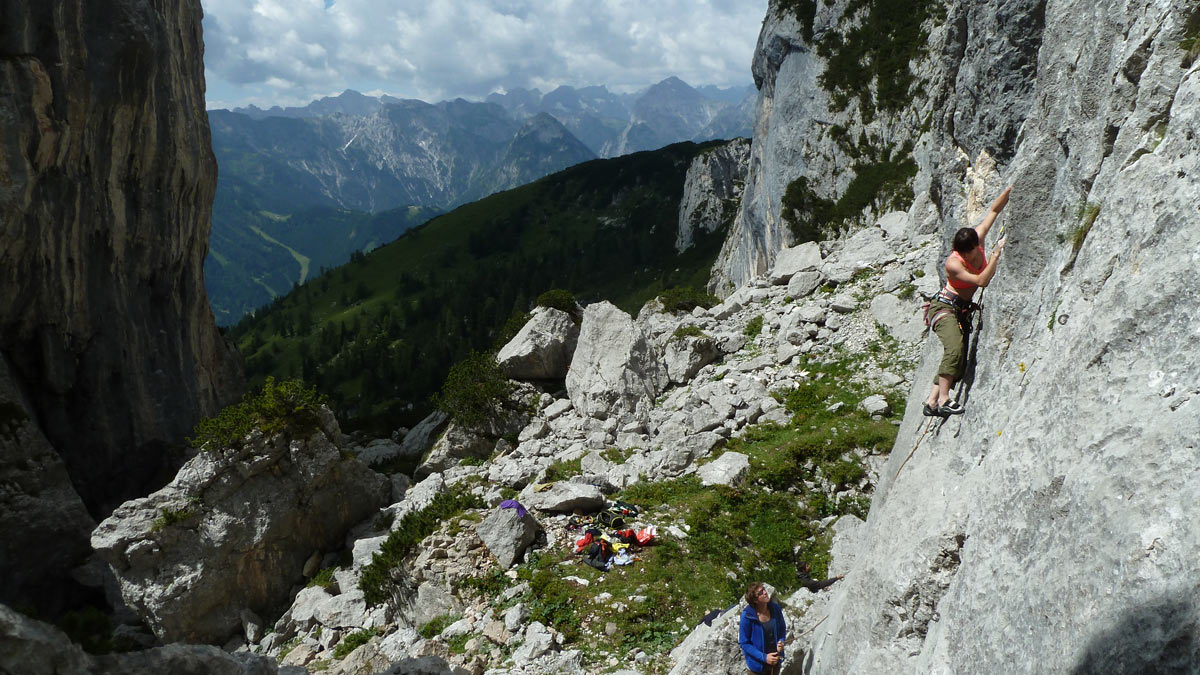
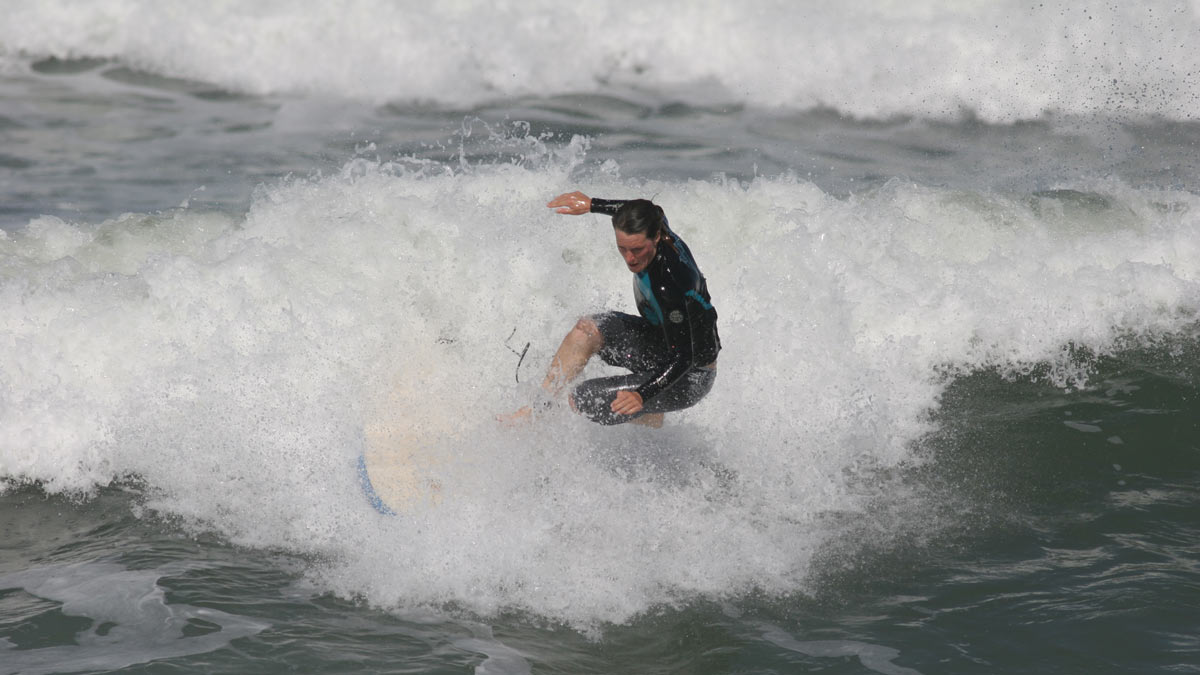
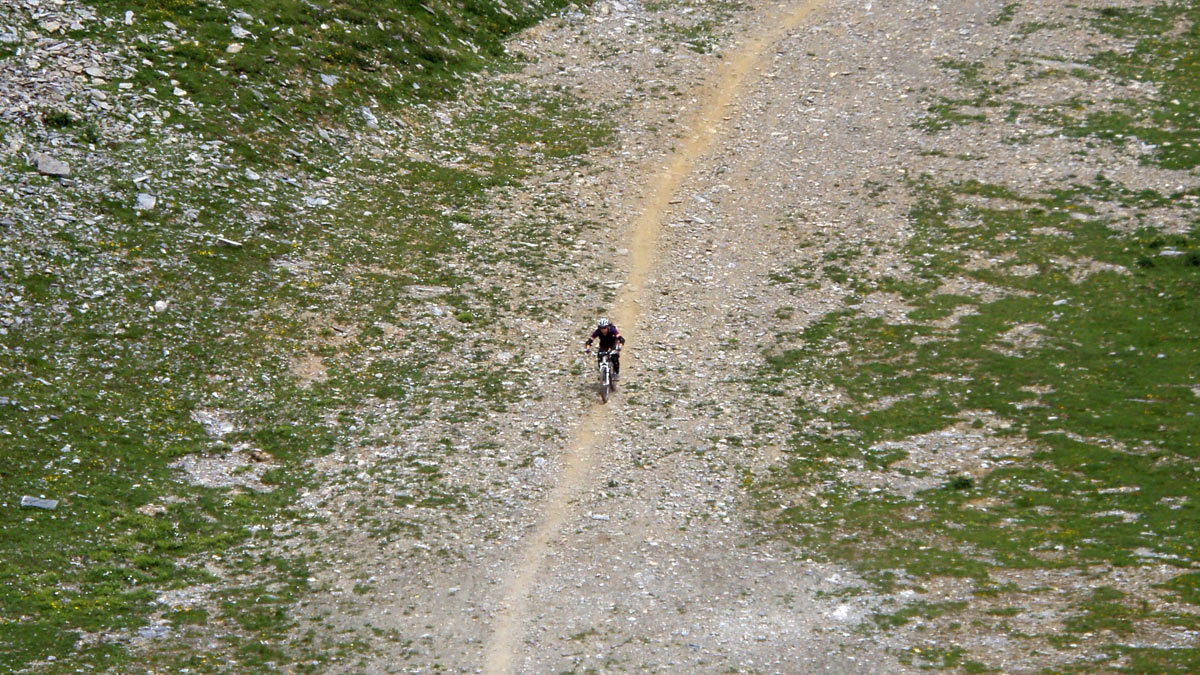
For a professional athlete, whatever sport, timing your form to peak at the season start is key, but always difficult to predict. It doesn`t take more than a day skiing for you to feel it in your whole body and mind if you are not prepared in the right way.
For Lorraine to peak at the right time, which for her usually is in December, she takes the help of her personal trainer who plans the off-season training starting in the beginning of July and lasting until the start of her peak time in December.
“My training is much tougher physically than skiing, so I have a lot of reserves and my body can handle a long, 6 month season of competitions and skiing hard most days.
There are many aspects of strength training, but we start with strength endurance and end with plyometric (explosive power) just before the season starts.
During the winter season I do one full body strength session in the gym a week to maintain my strength for as long as I can, a couple of core strength sessions a week and loads of active recovery. The rest I can do with my skiing and ski touring.”
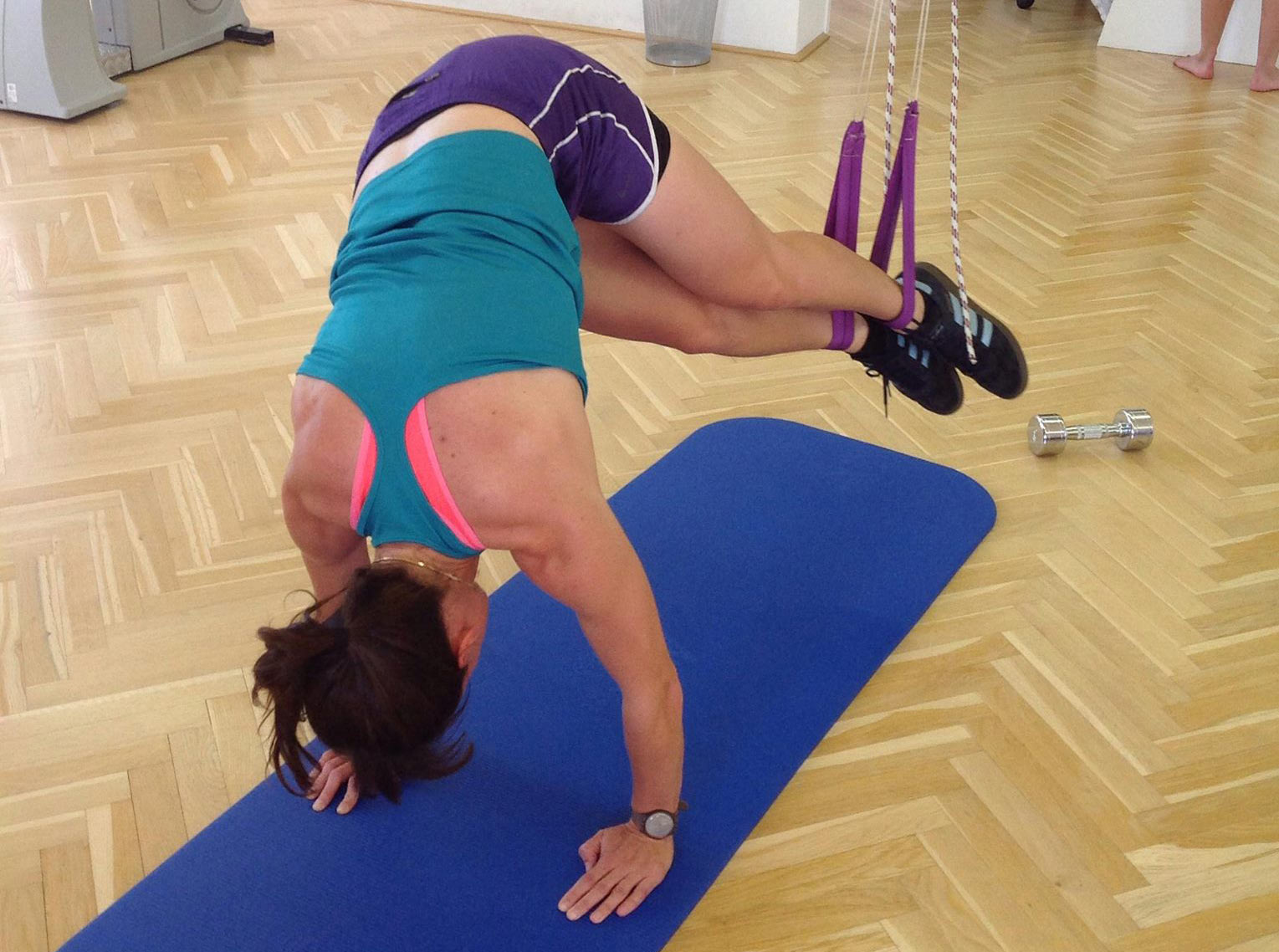
So what specific ski related exercises can you do to strengthen the important aspects for skiing?
1) Focus on full body strength: “There are a lot of forces working on your body during freeriding, especially once you start doing higher drops. Having a strong and well-coordinated lower body as a skier is a no brainer, but a strong core is just as important.
By working on the stability of your stomach and lower back muscles, you will greatly improve your skiing by being able to remain solid in your center while your legs are working as pistons beneath you to level out all the bumps and chatter and landings you’re going to be taking.
We also train upper body strength with an emphasis on the shoulders to prevent injury when I take a fall. To be more specific, a skier mostly requires power (being able to apply strength as quickly as possible), not strength endurance, since the movements in skiing are extremely dynamic and runs are usually relatively short, with longer breaks in between (like when you’re sitting on a chair lift).”
Exercises to improve these aspects can for example be; Squats, press and deadlift
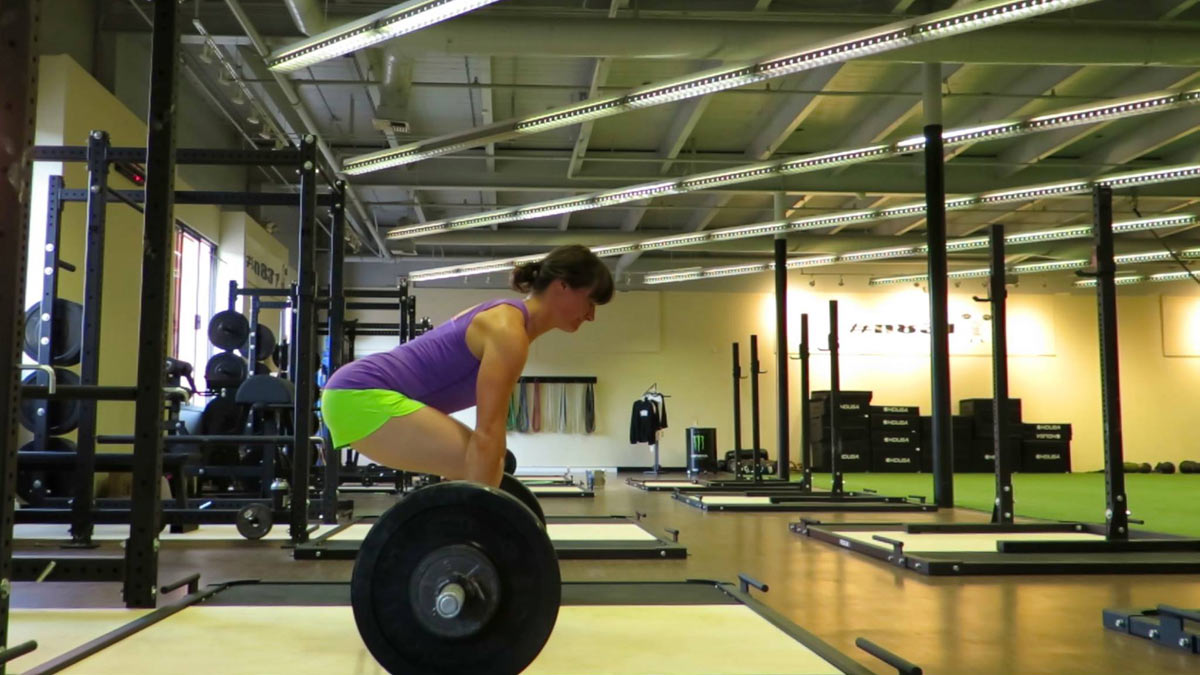
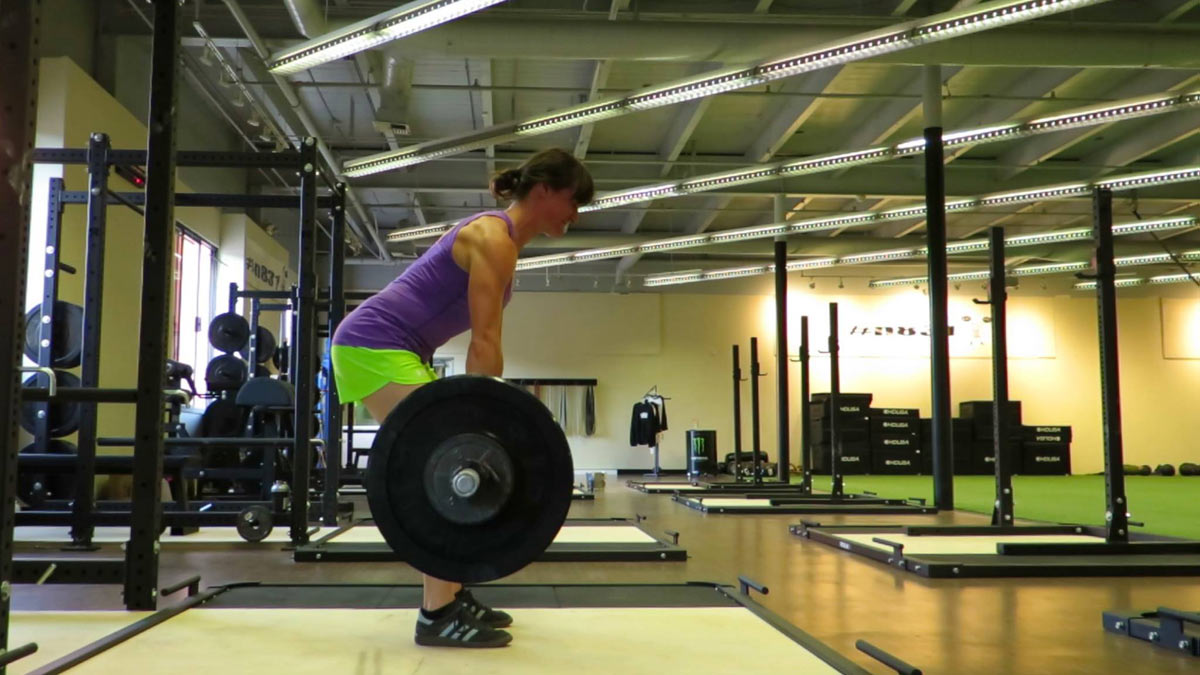
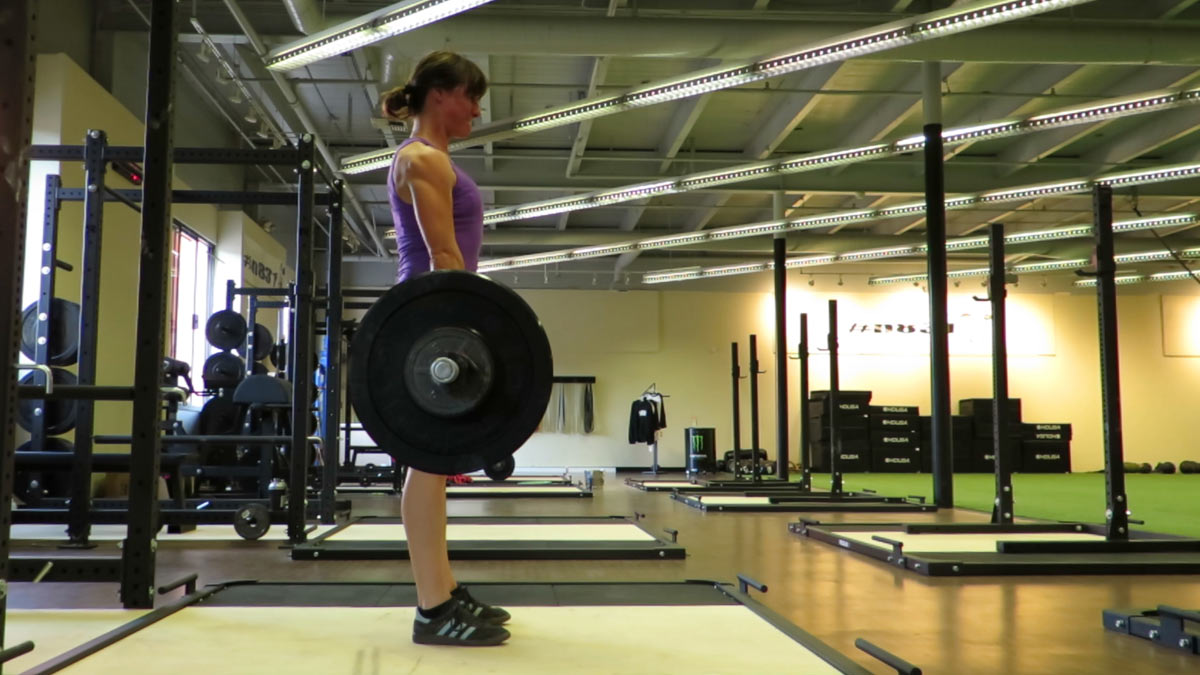
2) Focus on coordination: “Coordination includes proprioception, or training your own joint position awareness. This will result in improvements in your balance and prevention of injuries.”
A great exercise to strengthen your coordination is for example slacklining.
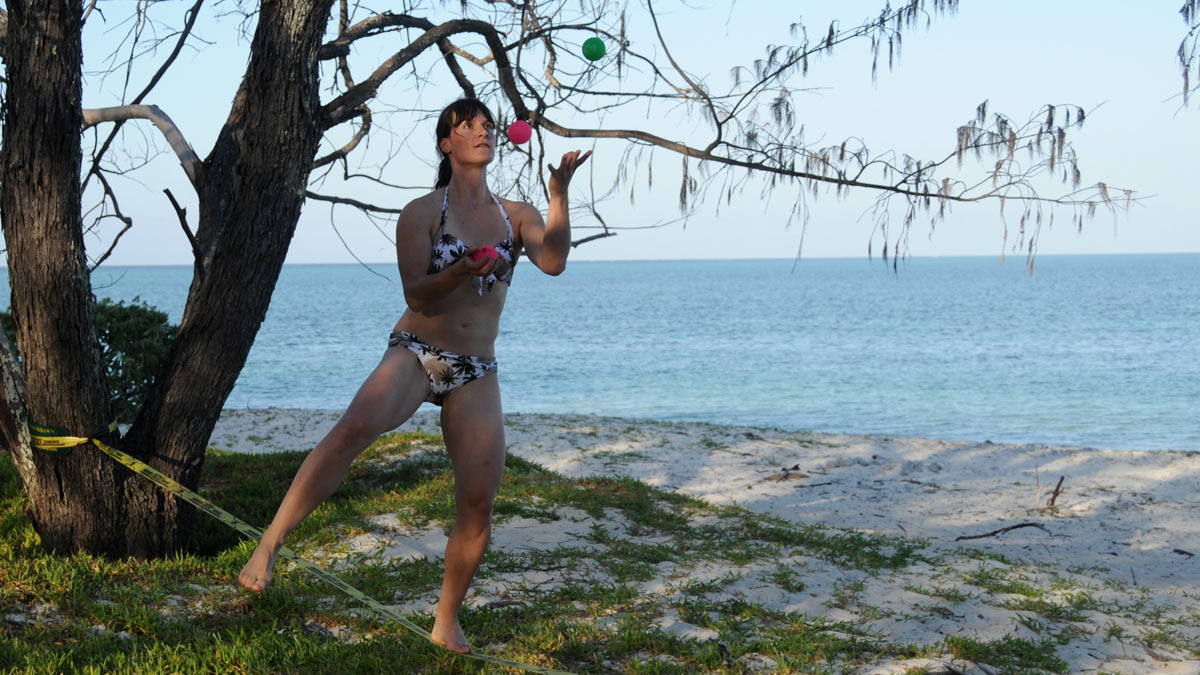
3) Focus on mobility: “Working on your mobility will not only prevent injury, it will also allow you the full range of movement necessary for dynamic skiing.”
For a skier it is important to focus your mobility exercises on hip flexors, gluteus and quadriceps. Example of exercises for this can be lunges or “window wiper”.
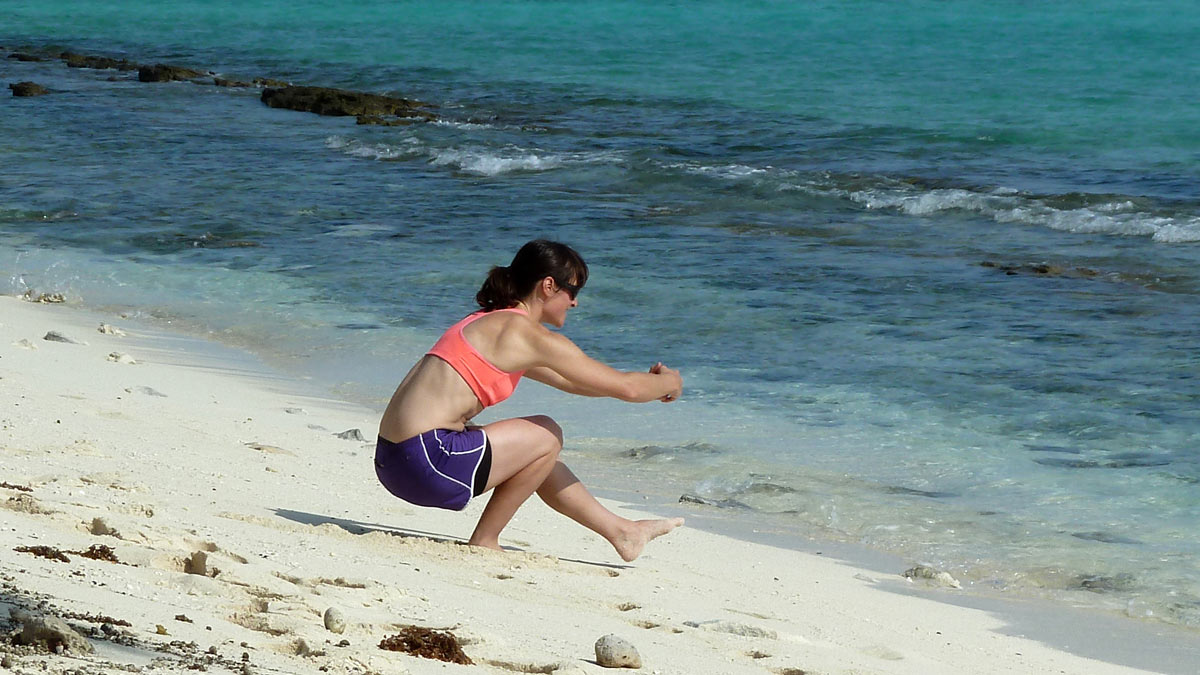
“If you’re going to make the effort to train according to a plan, you need to know that you’re doing the right thing for your body type, level of fitness, and goals. Correct technique should always go before how much weight you’re lifting. Be conservative in what you lift and listen to your body, take it step by step. Training according to a plan will bring you the results you’re after and it is a lot of fun and very rewarding to see your body adapting and growing stronger, so enjoy yourself!”-Lorraine Huber
Knowing what to do is one thing, but to having the discipline and motivation to keep to the plan during the whole year is another type of challenge. As mentioned it is not only body strength that is needed on the mountains, it is also a strong mind. Lorraine recognizes this issue and has a few recommendations on how to keep your motivation up.
“If you can get together with friends or a group of other people who are training, that is great! Since it is very motivating and easier to show up to training sessions in a group, when you’re motivation might be a bit low. However, remember that every person is different and also wants to achieve different goals in their training.”-Lorraine Huber
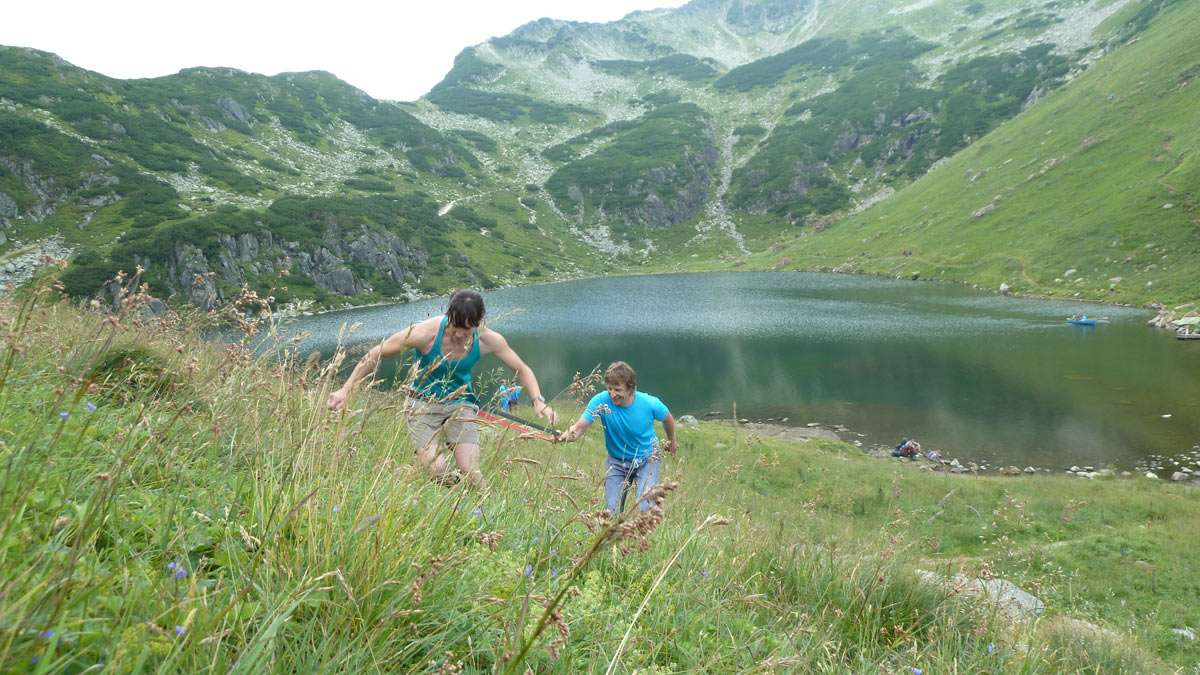
Photo credits: Lorraine Huber, Phil Anker, Matthias Hell

